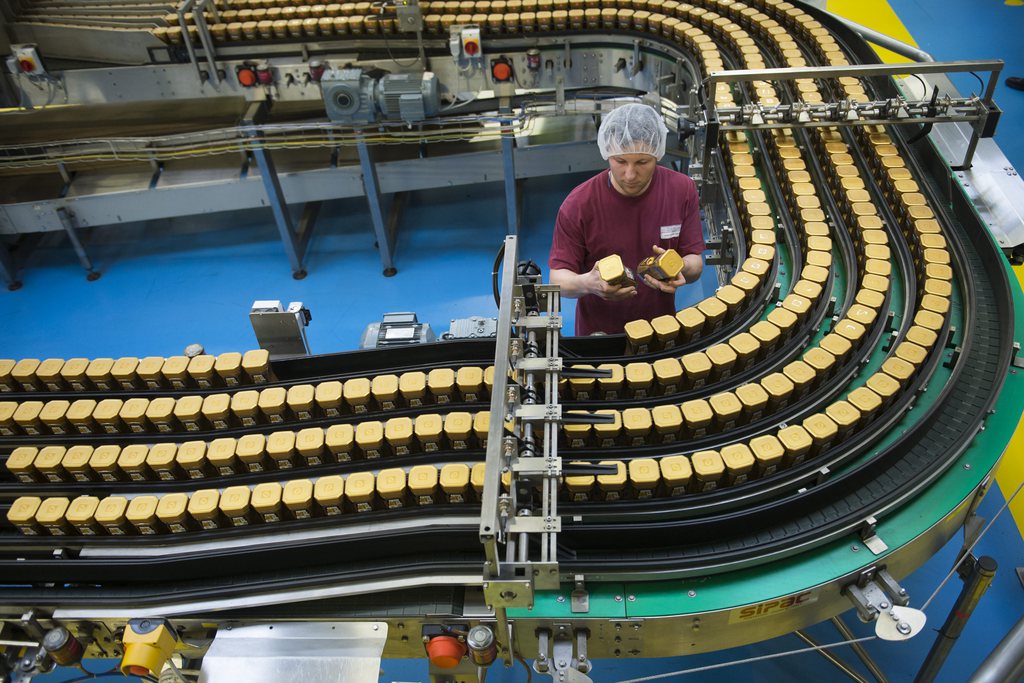Nestlé caught in chocolate-fixing scandal

Canada has charged the local arms of two of the world's biggest sweet makers, Mars and Swiss multinational Nestlé, with colluding to fix the price of chocolate, the Canadian Competition Bureau announced on Thursday.
“We are fully committed to pursuing those who engage in egregious anticompetitive behaviour that harms Canadian consumers,” said interim competition commissioner John Pecman. “Price-fixing is a serious criminal offence and today’s charges demonstrate the Competition Bureau’s resolve to stop cartel activity in Canada.”
The bureau said it must not only prove competitors had agreed to fix prices, but that the agreement would likely have had “an undue economic effect” on the market.
In separate statements, both Nestlé and Mars announced they intend to “vigorously defend” themselves against the charges, which date back to 2007 and in some cases as far back as 2002, according to media reports.
The Competition Bureau has been probing the allegations of price fixing for over five years in a scandal that has already resulted in a major class-action suit. Confectionery specialist Hershey, as well as Mars and Nestlé all agreed to settlements as part of that suit.
A similar class-action suit in the United States is still making its way through a Pennsylvania court.
The bureau found out about the alleged scheme through its immunity program, under which the first party to disclose an offence or provide evidence may receive immunity, provided it fully cooperates. Subsequent parties that help out in an investigation may receive lenient treatment.
Hershey Canada said it had reported communications with competitors related to the price fixing from 2007 to the Competition Bureau. Its current senior management, as well as its parent company management, were not involved in fixing prices, the company said.
The competition watchdog recommended lenient treatment for Hershey, which cooperated with the investigation. Hershey said it had reached a deal with the bureau, and would plead guilty to a single count of price fixing.
The competition watchdog has also charged ITWAL Limited, a national network of independent wholesale distributors, as well as three individuals: Robert Leonidas, the former chief executive of Nestle Canada; Sandra Martinez, former Nestle Canada president and David Glenn Stevens, president and chief executive of ITWAL Limited.
Canada’s Competition Act’s current conspiracy provision could mean a fine of 25 million Canadian dollars (CHF23 million) as well as imprisonment of up to 14 years. But since the price-fixing took place under an earlier provision, the penalties are less harsh. In this case, the accused face a fine of up to $10 million, as well as a prison term of up to five years.
The bureau says proving the law was broken will also be more complicated under the old rules.

In compliance with the JTI standards
More: SWI swissinfo.ch certified by the Journalism Trust Initiative











You can find an overview of ongoing debates with our journalists here . Please join us!
If you want to start a conversation about a topic raised in this article or want to report factual errors, email us at english@swissinfo.ch.